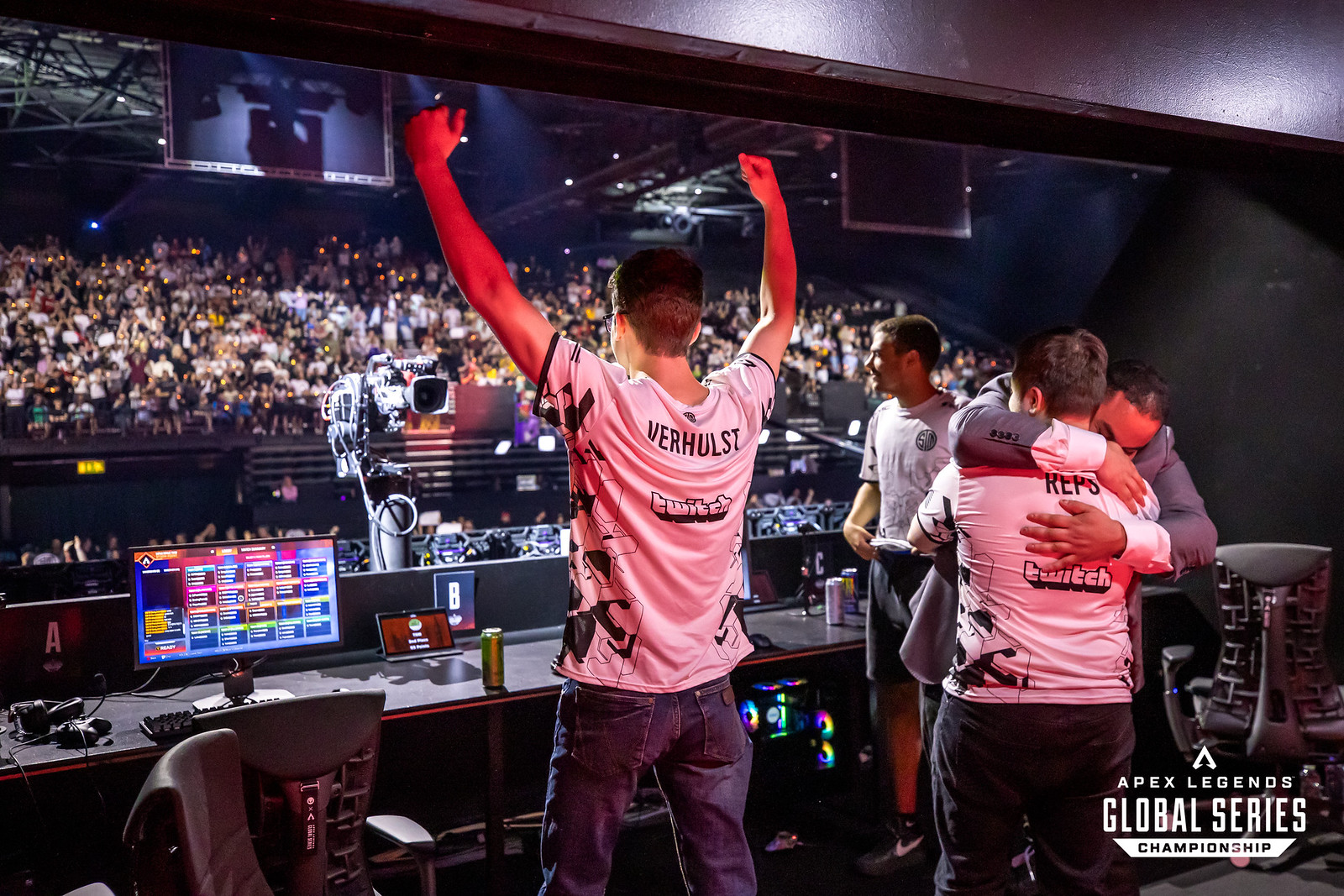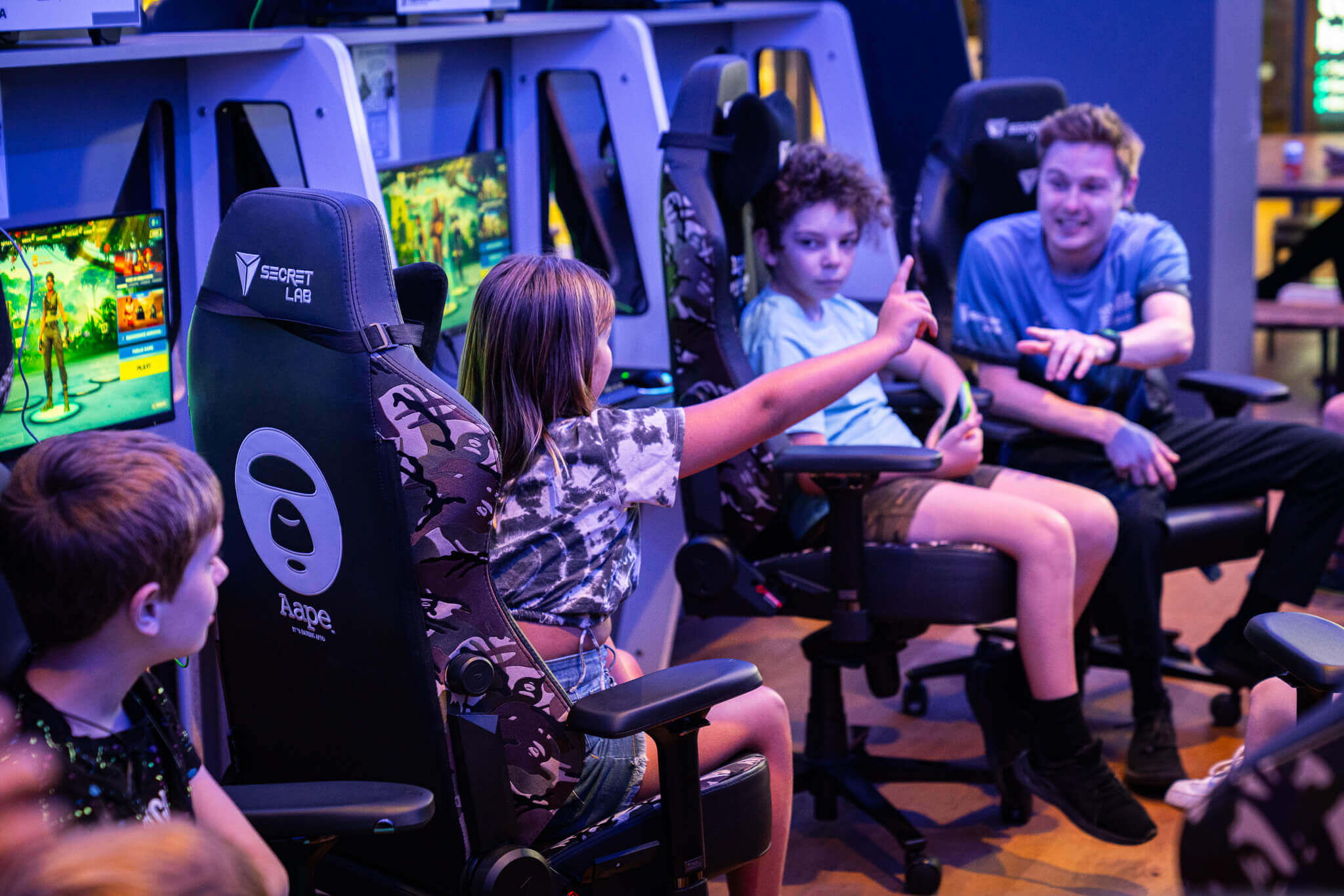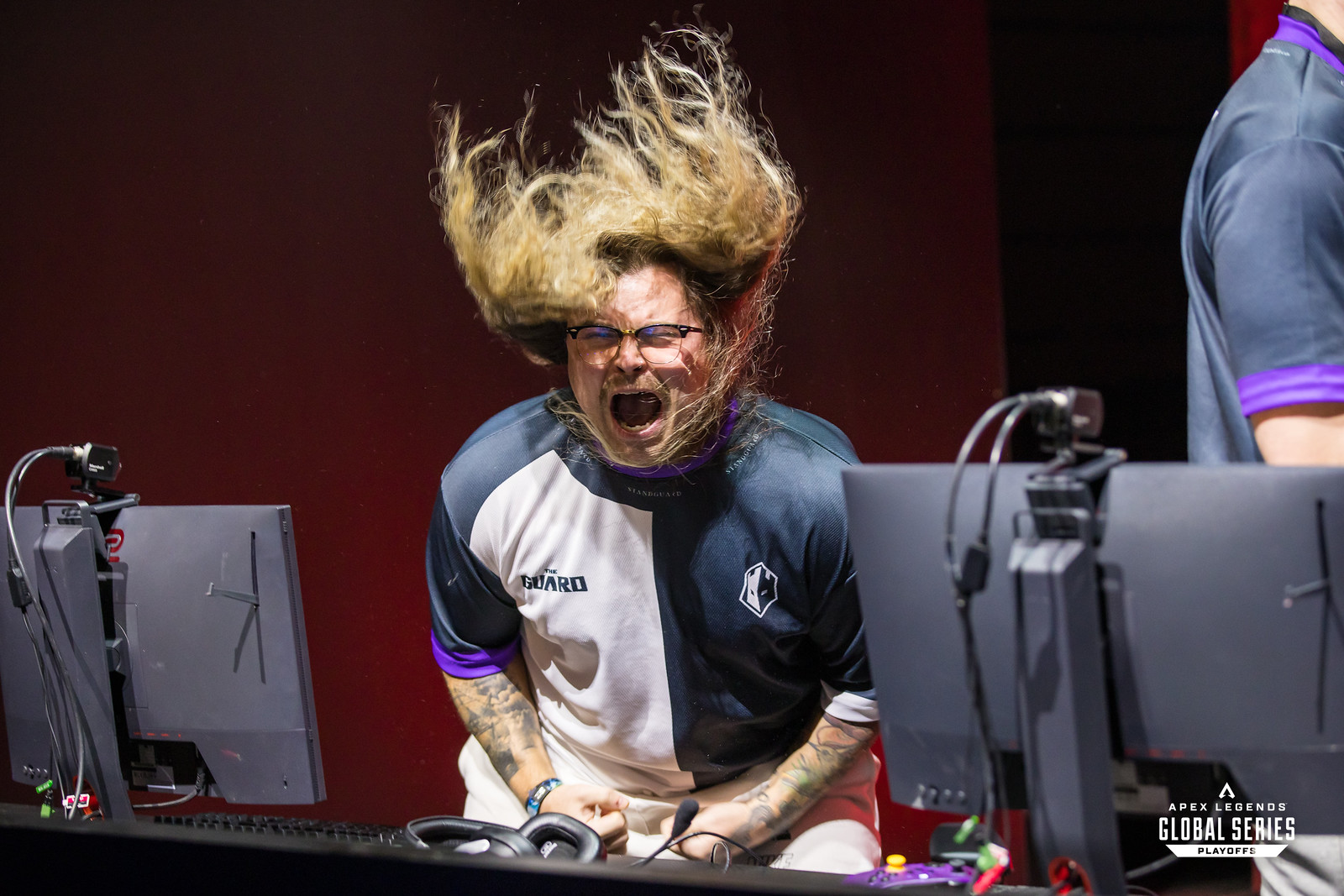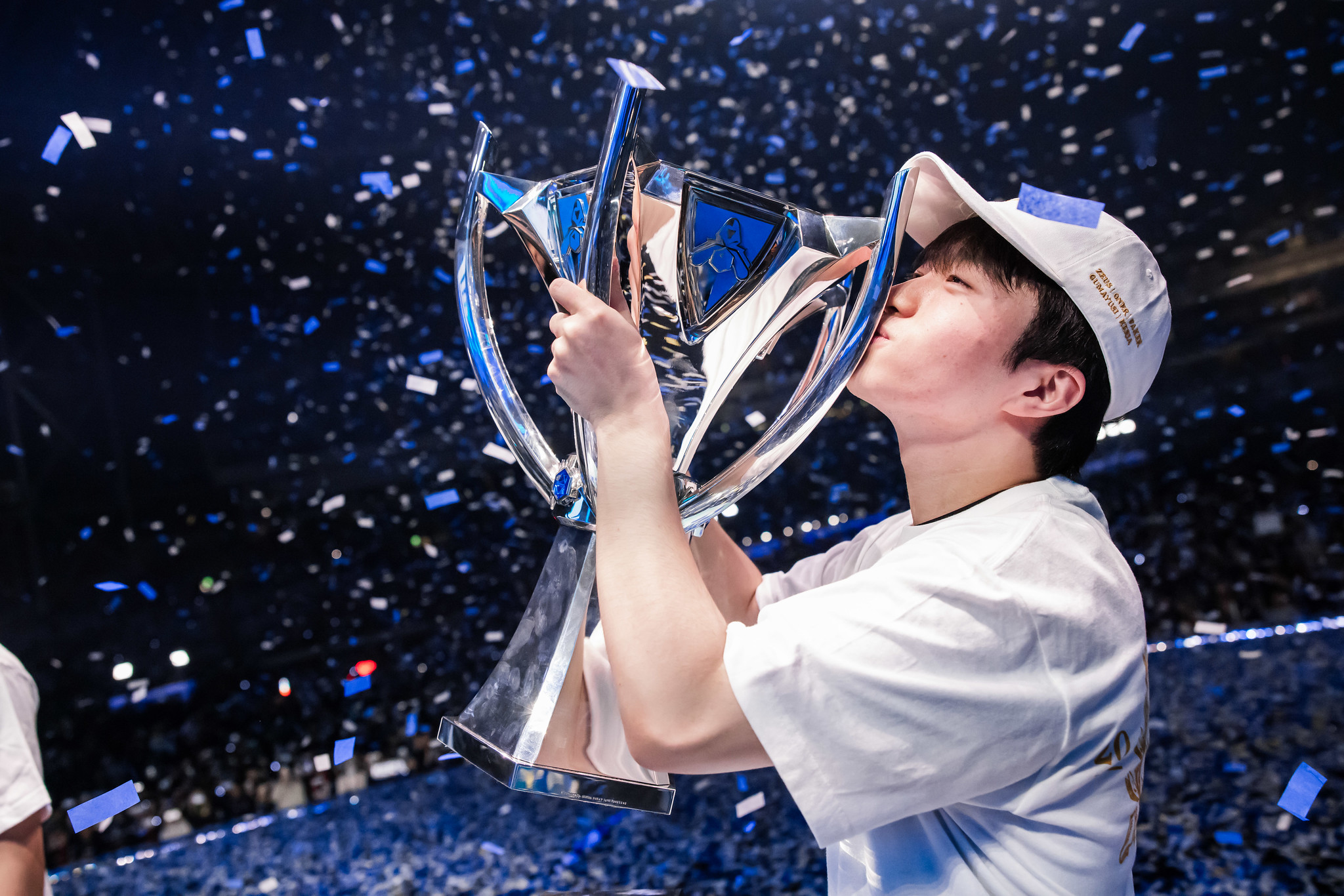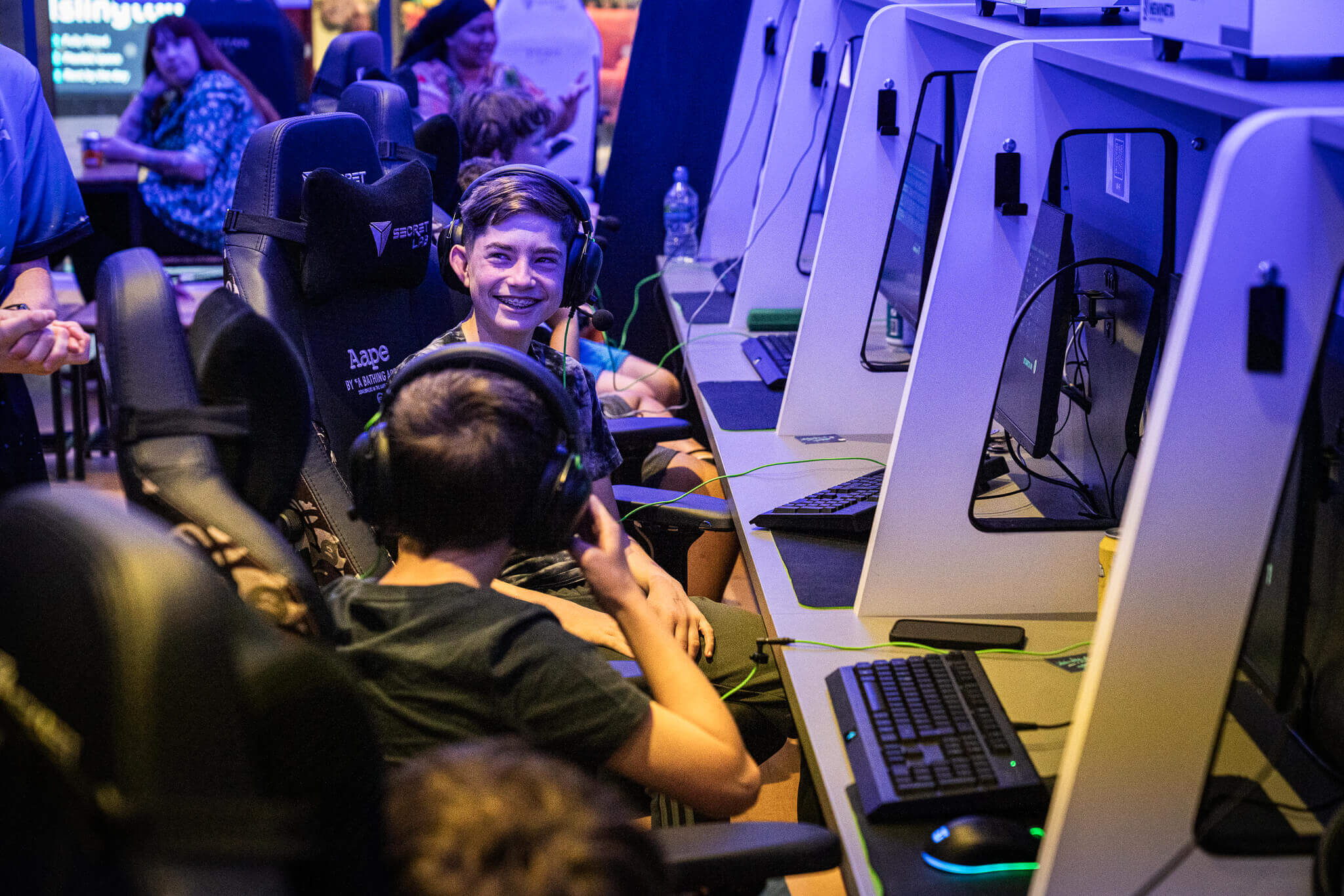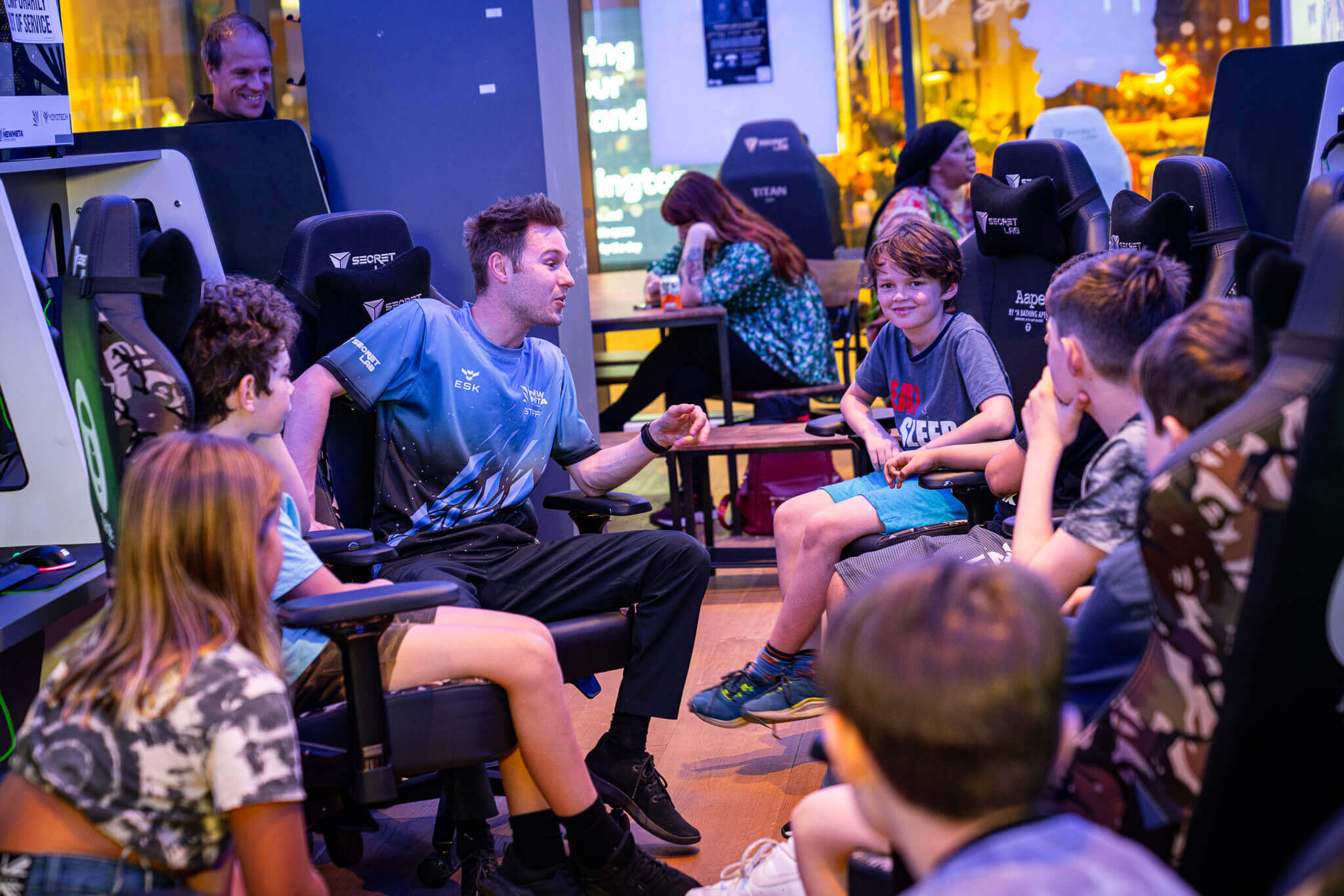Esports, short for electronic sports, has become a global sensation. Competitive video games have transformed from a passionate pastime to an over $1.38 billion industry. From packed stadiums to online streaming platforms, millions of fans worldwide tune in to watch professional gamers compete in various popular video game titles.
Those who have only recently discovered the esports industry’s scope may be surprised that its history stretches far before the 2000s when competitive video games began to represent the system we see today. The first-ever video game tournament was held in the 1960s, and by 1978, the world had experienced its first international competition hosted by Atari.
As the esports industry grew from the internet boom in the 1990s to the present digital age, it developed many of the core structures seen in traditional sports. Roles such as coach, physiotherapist, player agent, team manager, analyst, presenter, journalist, and PR agent all exist within the esports ecosystem at various professional levels.
So, if you are new to the world of esports and want to learn more, where do you start?
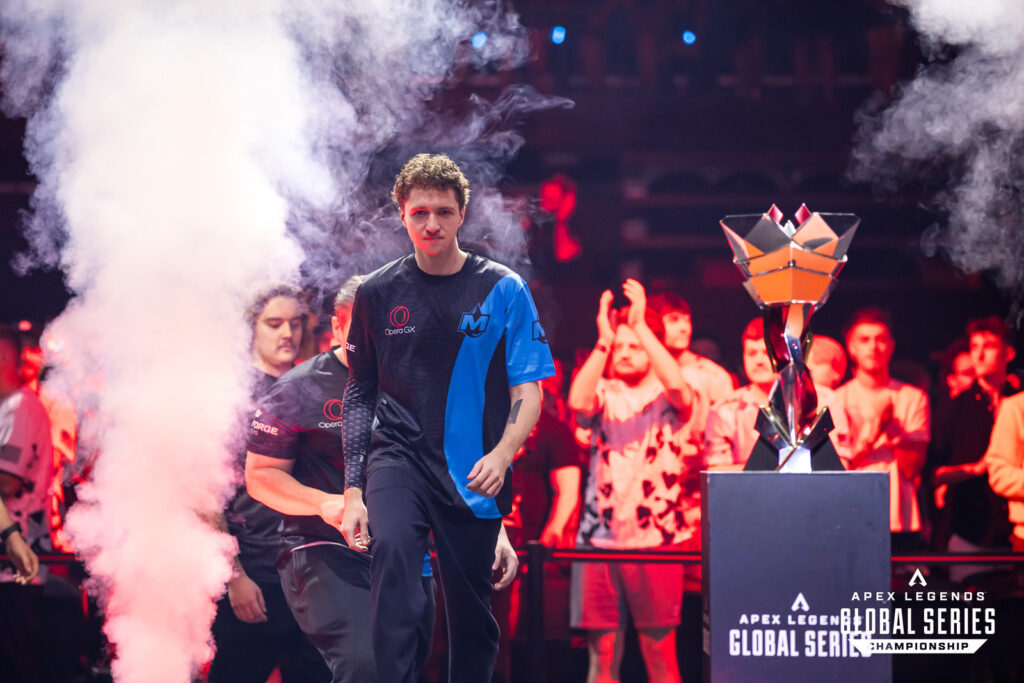
Esports building blocks – what is the esports ecosystem?
There is a lot of diversity within esports. Many different competitive games have their ecosystems, running different styles of competitive seasons and regular tournaments. However, some fundamental building blocks to the esports ecosystem can help you understand how the industry works.
Publishers
All video games have a publisher. This is the company that publishes video games developed either internally or by a separate developer (which can be an individual, small group, or a larger company). Publishers often finance or help finance the video game development process and are responsible for distributing the game once it is published. Publishers are also often responsible for paying for any licences used by the game, advertisement, and managing the esports scene attached to competitive games.
Publishers can also be split into three main groups:
- AAA Game Publishers. These publishers are responsible for high-budget, tech-forward, and high-distribution video games. Competitive AAA games almost always have a corresponding esports scene.
- Indie Game Publishers. Indie games usually focus on creativity and originality with a lower budget and more specific audience. Sometimes, indie games like Among Us or Lethal Company become viral sensations. However, indie games rarely have a corresponding esports scene.
- Mobile Game Publishers. Mobile games are video games made specifically for smartphones or tablet devices. Games such as CandyCrush fall under this category. Some mobile games have esports scenes, such as PUBG Mobile, Mobile Legends Bang Bang, and Arena of Valor.
Some video game publishers let external companies manage their esports scenes. For example, Counter-Strike esports is largely managed by companies like EFG, Blast, and PGL rather than the game’s publisher, Valve. However, others take a hands-on approach to their games’ esports scenes – for example, Riot Games tightly controls who runs official tournaments for their esports titles.
Organisations and teams
To have a competitive ecosystem, you need professional players. These gamers are talented enough to compete with the best of the best, often training every day to win even the toughest competitions.
Most professional players are signed to an organisation. There are many esports organisations worldwide. Some focus on and invest in specific esports scenes, while other larger organisations sign teams or players across several games. Esports organisations are similar to a football or rugby team—they sign, train, and trade players, paying them a salary and providing them with the necessary equipment and support to reach their full potential.
Examples of famous esports teams include G2, Team Vitality, TSM, T1, and Team Liquid. Some traditional sports teams and famous athletes also invest in esports. For example, footballer David Beckham, F1 driver Lando Norris, and basketball icon Michael Jordan have stakes in esports teams. On top of this, Manchester City FC, Wolves FC, and PSG FC all own esports players and teams.
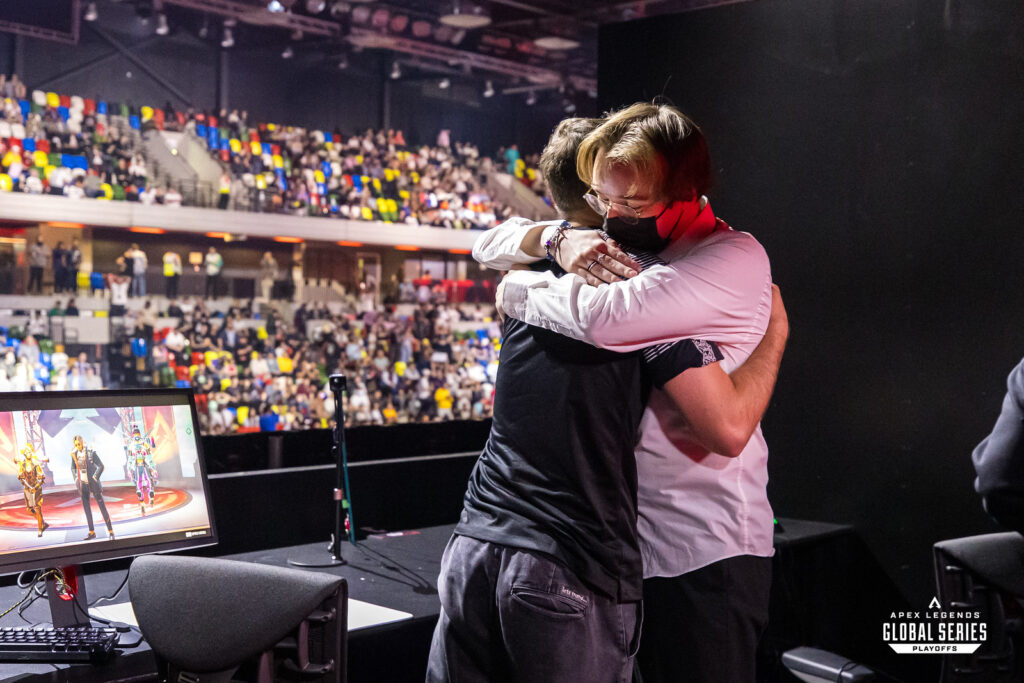
Events and tournaments
The next fundamental building block to the world of esports is events. Esports events are the pinnacle of a game’s competitive season and are usually held in person at a LAN (Local access network event).
Here, teams of professional esports players compete against each other in front of a live crowd. Large prize pools are often up for grabs, and the teams will progress through a tournament format. Some games, such as Fortnite, also have solo players competing against each other.
There are several different types of tournaments and events within esports. The following are the most common:
- Battle Royale Tournaments. Battle Royale games are where individuals or teams compete in a “lobby” (group of players or teams) to be the last standing. These games are usually shooters, where players must eliminate one another while traversing a game map. These esports tournaments often have upwards of sixty players competing on the stage.
- MOBA Tournaments. “MOBA” stands for “Multiplayer Online Battle Arena.” In MOBA tournaments, two teams of players compete against one another on a predefined battlefield, controlling one character each and working strategically together to achieve a common goal before the opposing team. Both teams interact with one another on the battlefield, often engaging in team fights to take control of the game.
- Tactical Shooters. These highly strategic games involve tactical planning and usually require impressively accurate aim. Teams usually have five players, and only two teams compete against one another at a time. The primary goal is to eliminate the other team while working towards an opposing goal, with one side having an aim (for example, to plant a bomb) and the other trying to stop them from succeeding (preventing a bomb from being planted or diffusing it).
Events and tournaments are usually the thrilling conclusions of a game’s regular season (where games are played online). The regular season resembles a regular football season, whereas the offline LAN tournaments resemble a football cup’s quarterfinal, semifinal, and final stages.
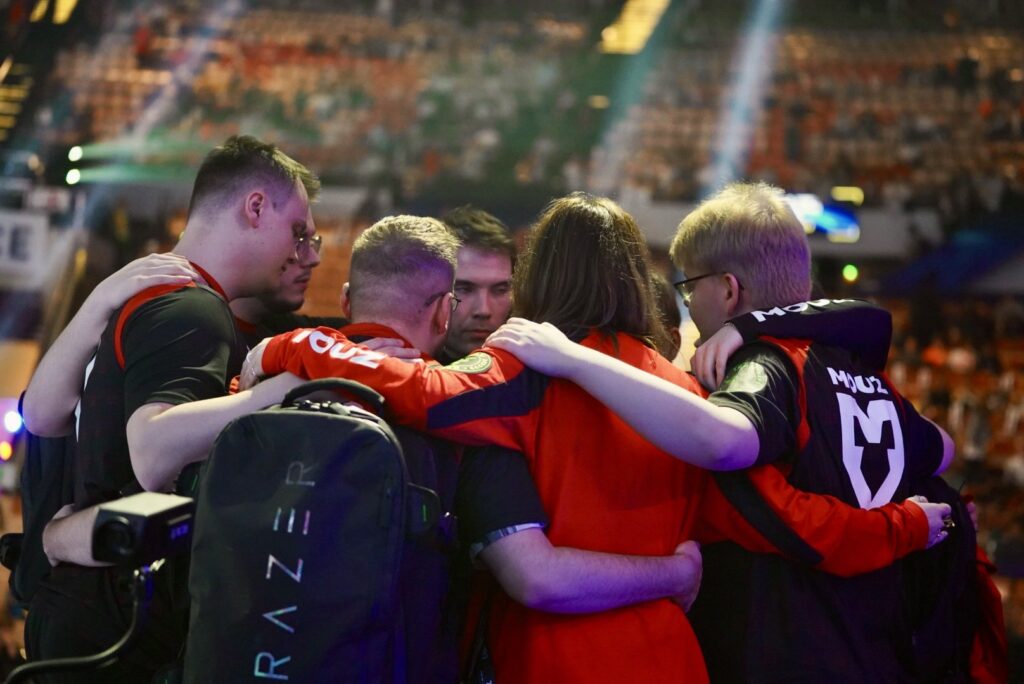
What careers can you find within the esports industry?
Just like traditional sports, esports offers a wide range of career options. No matter where your strengths lie, the esports industry likely has a role that would suit you!
Many esports career paths fit within three different areas of the industry: Professional teams/organisations, tournament and event organisation, and media.
Professional Teams/Organisations
Potential roles:
- Professional esports athlete
- Coaching staff (including esports analyst)
- Physio and Psychotherapy
- Player management
- Finance, budgeting, and organisation management
Professional esports teams and organisations range in size from grassroots (smaller, more locally influential) to Tier One (larger, competing on a regional and international level). Grassroots organisations are often a great place to build experience in team roles.
Many colleges and universities also have esports teams. Young people can compete in student leagues and tournaments such as NSE (National Student Esports) and NUEL (National University Esports League) events. Although some UK universities now offer esports degrees, it is also possible to gain esports-related experience while also studying mainstream subjects.
Tournament and Event Organisation
Potential roles:
- Event/project management and event direction
- Technical director/producer
- Videographer
- Audio Engineer
- Lighting design/operation
- Observer (directing which players are shown on broadcast)
- Digital broadcasting
- Stage host/interviewer
- Casting (esports commentary)
- Tournament admin/referee
Esports events complete the competitive calendar, where teams battle on stage to win a coveted title. Whether an event is a BYOC (Bring Your Own Computer) tournament or a packed stadium, an extensive team collaborates to bring the magic alive. From audio and lighting to broadcasts and being on screen, an incredible variety of work is involved in setting the stage for players.
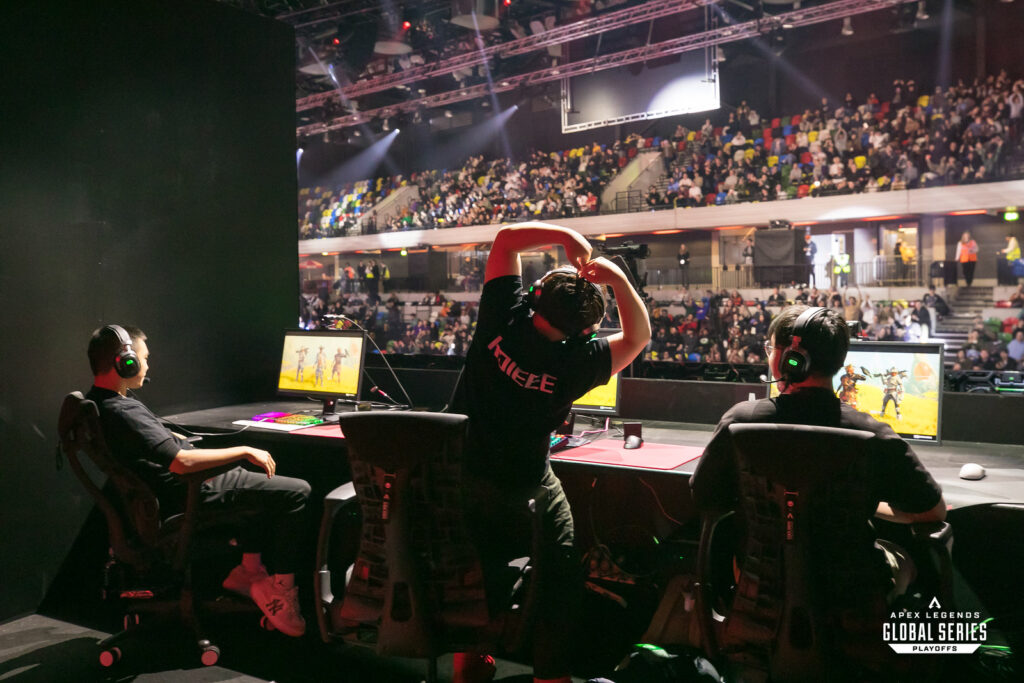
Media
Potential roles:
- Social media management
- Content creation
- Journalism
- Public relations
- Marketing
Gaming and esports-based media has rapidly become an industry within its own right. YouTube, Twitch, and other social media platforms have led to the rise of gaming influencers like PewDiePie, Markiplier, and Ninja. The growth of esports events has also led to the founding of esports and gaming-specific news outlets such as Dot Esports, Esports.gg, and Dexerto. Alongside media influencers and outlets, Public Relations agencies will often specialise in the esports and gaming industries, assisting with events marketing, organising content creation across organisations, and arranging player interviews with media outlets.
Why should you pay attention to the esports industry?
The universal appeal of gaming makes both the current size and potential future of esports astronomically significant. Over hundreds of years, we witnessed the progression of sports pastimes, which inevitably led to competition to find the best, most skilled, and most accomplished athletes. Now, we are seeing a condensed, fast, and exciting progression in gaming, accelerated by how easy it is to connect talented gamers from around the world digitally.
In an increasingly online world, esports is also at the forefront of digital culture. How many pop culture phenomena have stemmed from video games? The answer is too many to count. Even some of our most popular TV series in recent years, such as The Last of Us, found their origins in video games.
Who knows where the world of gaming and esports will take you? It is a fresh, new industry with so much to explore. Why not start your journey with us at the New Meta Academy.

